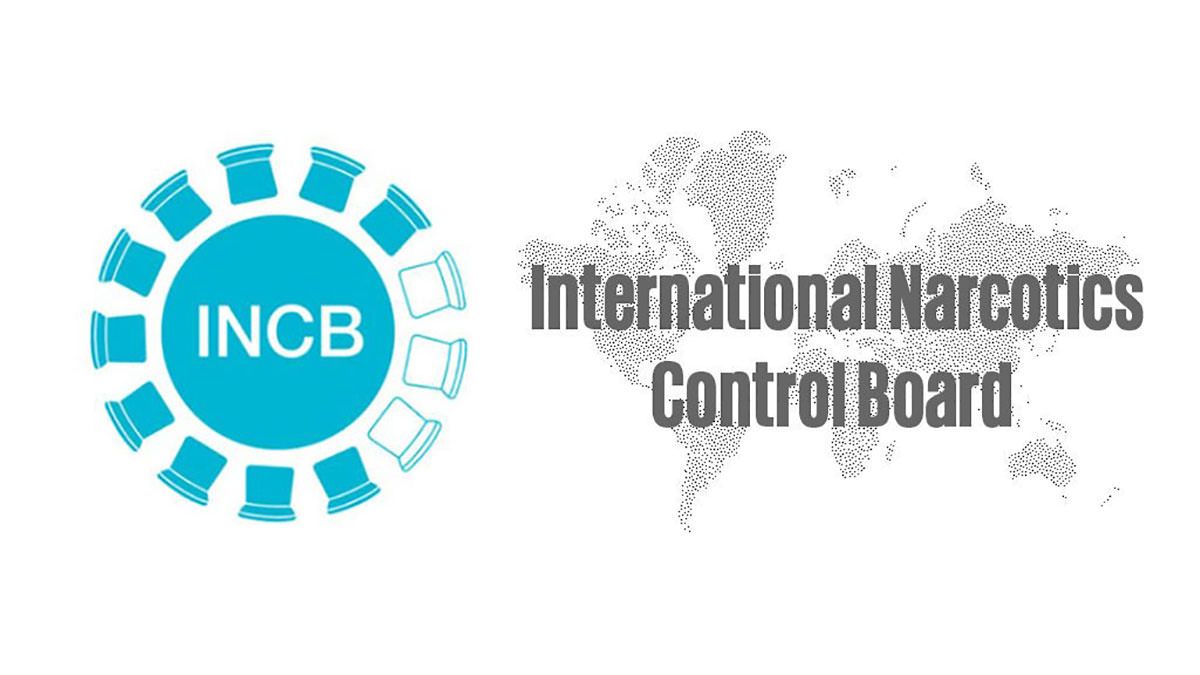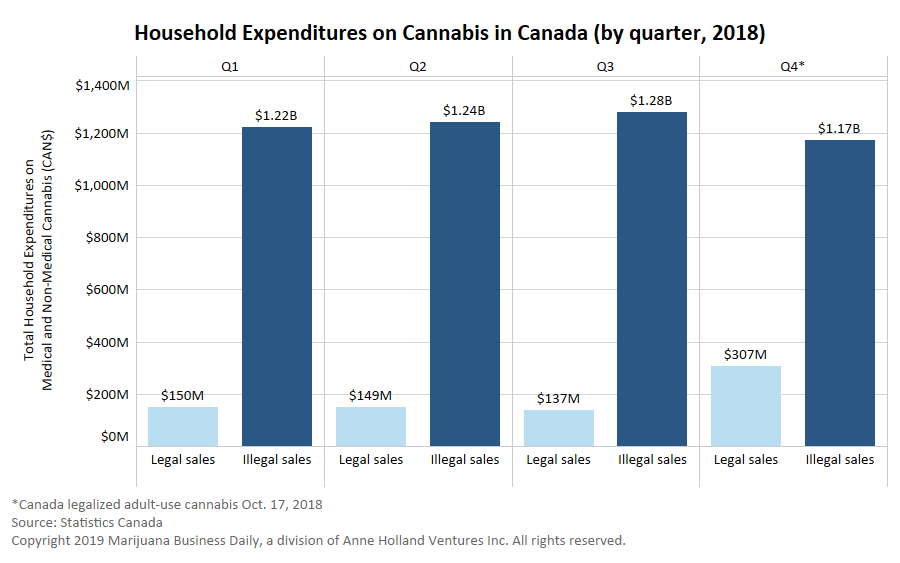Only a month after the World Health Organization recommended a less-stringent scheduling of cannabis, the United Nations International Narcotics Control Board (INCB) declared that recreational marijuana programs and several medical programs are “contrary to the international drug control treaties.”
The INCB’s 2018 annual report could be a step back for those expecting meaningful reform at an international level this year.
The Vienna-based agency serves as “the independent and quasi-judicial monitoring body for the implementation of the United Nations international drug control conventions.”
One of the INCB’s functions is to make recommendations about how to comply with the treaties and evaluate the implementation of those proposals.
“The legalization of the use of cannabis for nonmedical purposes in some countries represents a challenge to the universal implementation of the treaties, a challenge to public health and well-being, particularly among young people, and a challenge to the parties to the treaties.”
Failures of medical cannabis programs
Sumyai also criticized “poorly regulated medical cannabis programs” – including Canada’s medical framework – that “may have contributed to the legalization of nonmedical cannabis use.”
According to the report, home growing, even for medical purposes, is of particular concern to the INCB, as the practice could heighten diversion of the products and present additional health risks.
The international body also noted that smoking is not “a medically acceptable way to obtain standardized doses of cannabinoids” and rejected attempts to classify medical cannabis as “herbal medicines.”
Much like a recent resolution issued by the European Parliament, the INCB called for a uniform definition of acceptable medical uses of “pharmaceutical-quality cannabinoids.”
Other warnings about medical marijuana programs in the report include:
- Products that don’t clearly describe the cannabinoids they contain.
- Lack of identification of the best administration method for the product.
- Failure to include possible adverse effects for use.
“When used in these ways, patients may confuse the acute euphoric effects of cannabinoids for longer-term medicinal effectiveness,” the INCB warned.
Focusing on the flaws of medical programs in the United States and Canada, the report criticized the laxity around where patients can purchase MMJ, such as “commercial outlets … under minimal medical supervision.”
“Most medical cannabis programmes in the United States do not comply with the requirements of the international drug control treaties or United States national law. The cannabis sold in dispensaries may be illicitly produced and sold. There may be substantial diversion of cannabis products intended for medical use to nonmedical use. There is often little or no scientific evidence to support the effectiveness of many of the purported medical uses of cannabis and there is very little medical supervision of these ‘medical’ uses of cannabis.”
The report also highlighted that the Canadian medical cannabis program “does not comply with the international drug control treaties in important aspects” after successive court decisions led to rules changes for the national industry.
The INCB believes cannabis programs implemented in Canada and possibly in some in the United States went too far, because they:
- Fail to control cannabis production and supply.
- Fail to ensure “good-quality medicines are provided under medical supervision.”
- Enable cannabis and its derivatives to be diverted to nonmedical use.
Recreational use remains a violation
In its annual report, the INCB maintained its strict position that “the legalization of nonmedical use of cannabis contravenes the international drug control treaties.”
The international body even said such moves undermine the international treaties and “may also encourage other states … to follow their example and use it as justification for doing so.”
The INCB has repeatedly accused Uruguay and the United States since 2013 of having violated international law after the South American country and Colorado and Washington state, respectively, legalized recreational marijuana use.
In the INCB’s 2017 report, the agency warned Canada about then Bill C-45, which provided for the legalization of adult-use cannabis across the nation.
Alfredo Pascual can be reached at alfredop@mjbizdaily.com





